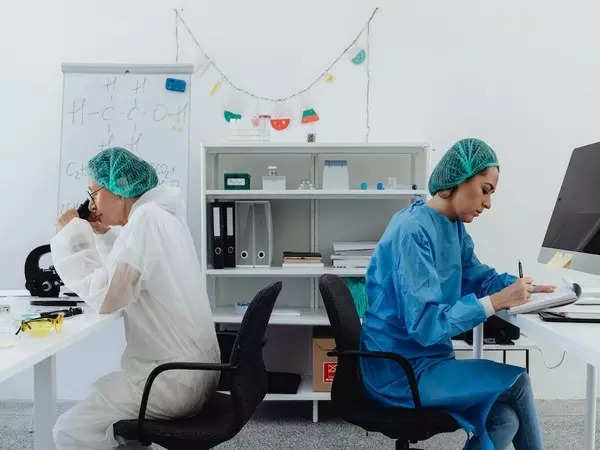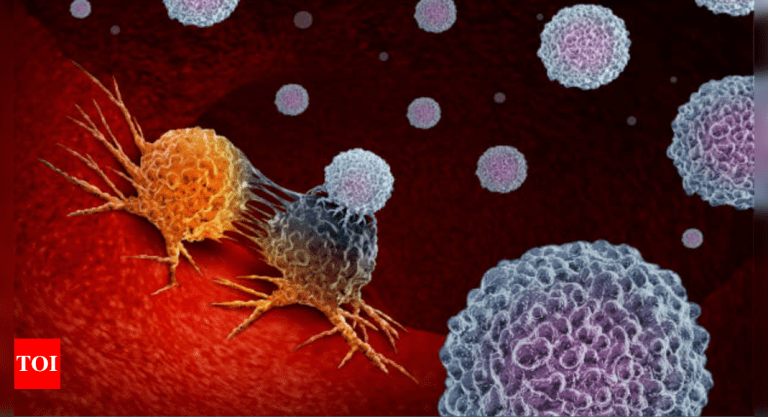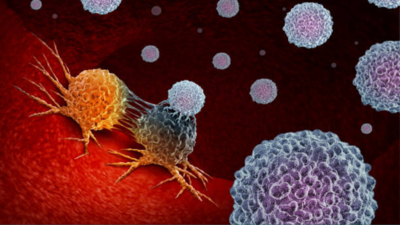Cancer treatment has progressed considerably, but many drugs aim to destroy cancer cells, which can cause serious side effects and increase the risk of cancer returning. But what if cancer cells could be transformed into normal cells without causing damage?
KAIST scientists, led by Professor Kwang-Hyun Cho, have created a new approach to treating colon cancer by reprogramming cancer cells to resemble normal cells. This method has the potential to transform cancer treatment and give hope to millions of people.
Most cancer treatments aim to destroy cancer cells, but this approach has its challenges. Treatments like chemotherapy and radiation damage healthy cells, causing serious side effects. Cancer cells can develop resistance, making them harder to kill over time. This has spurred the need for innovative therapies that address these limitations.
KAIST researchers have introduced a new approach that transforms cancer cells into a state resembling normal cells. Unlike traditional therapies, this method does not destroy cancer cells but returns them to their original, harmless state. This breakthrough avoids the harmful side effects associated with conventional treatments and offers the potential for safer and more effective cancer treatment.

The research team studied the process of oncogenesis, during which normal cells lose differentiation during cancer formation. They created a digital twin of the genetic network linked to cellular differentiation using advanced simulation tools. Through this, they identified molecular switches capable of repelling cancer cells along their differentiation trajectory.
These switches effectively returned them to a normal state when applied to colon cancer cells. This has been proven by cellular investigations and animal studies, suggesting a substantial advance in cancer treatment research.
This development paved the way for reversible cancer drugs, previously thought impossible. The results suggest that similar strategies could be used to treat different types of cancer, paving the way for more universal cancer treatments.
The study, titled “Control of cell differentiation trajectories for cancer reversion,” appeared in the renowned journal Advanced Science. It demonstrates the systematic potential of using digital twins to modify cancer cells.



